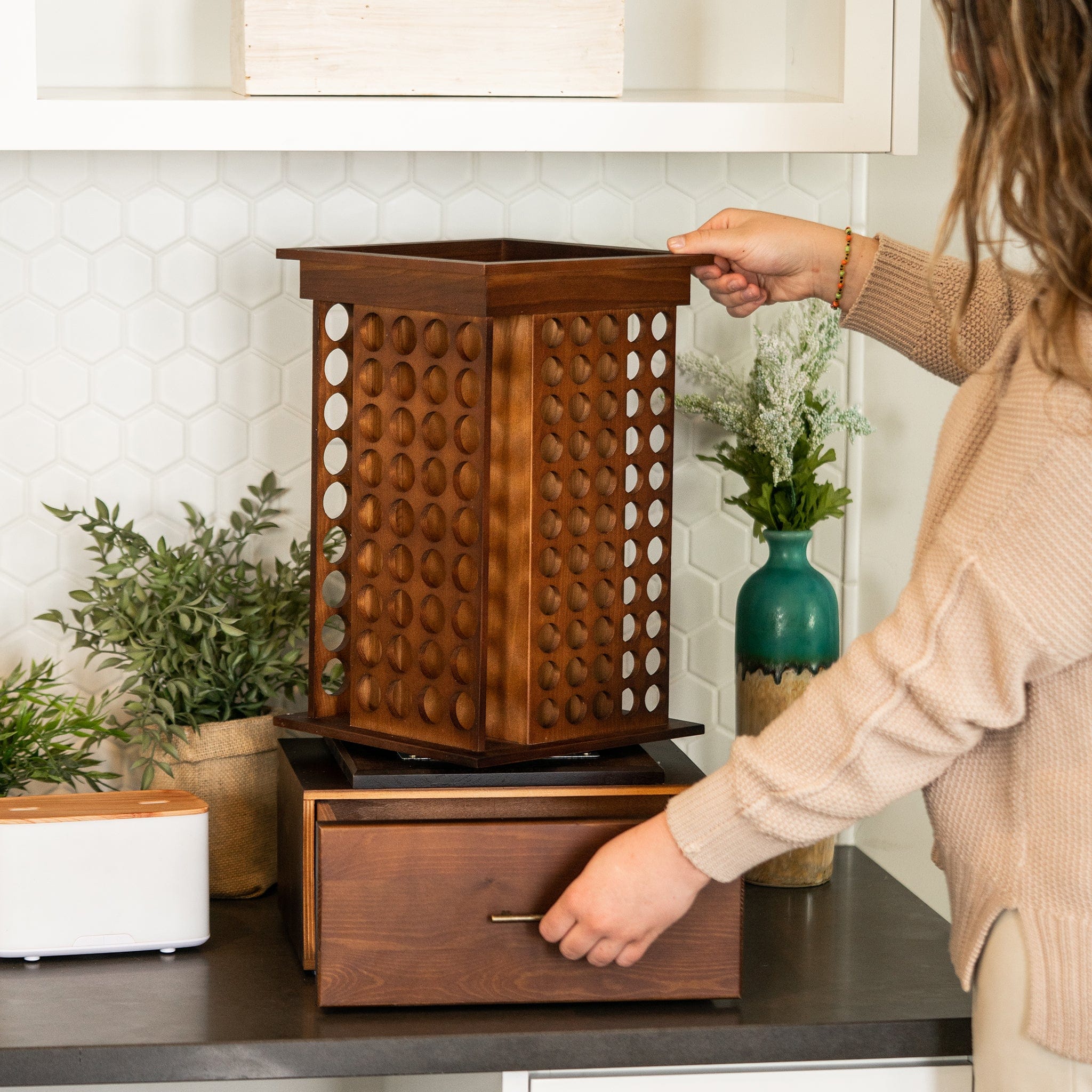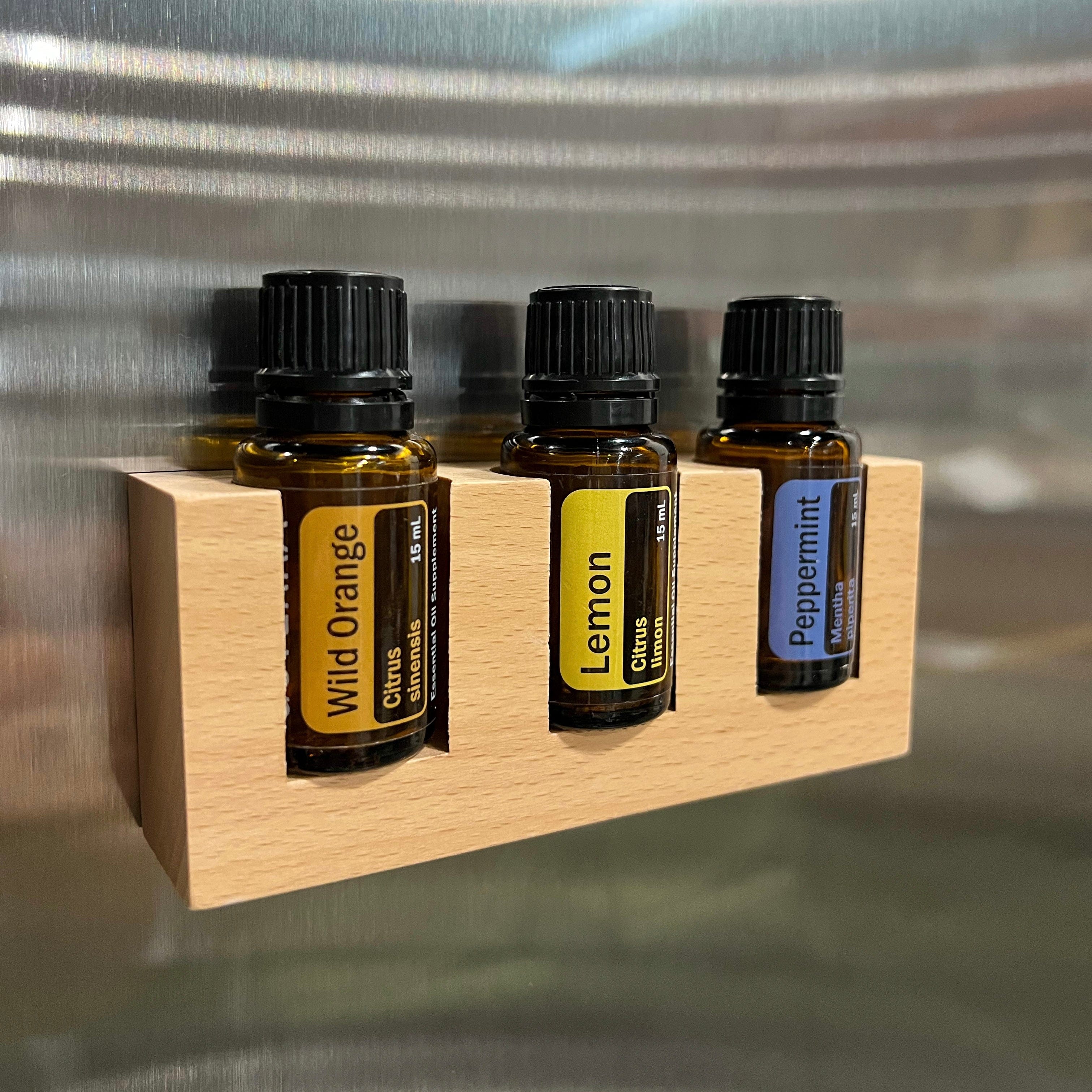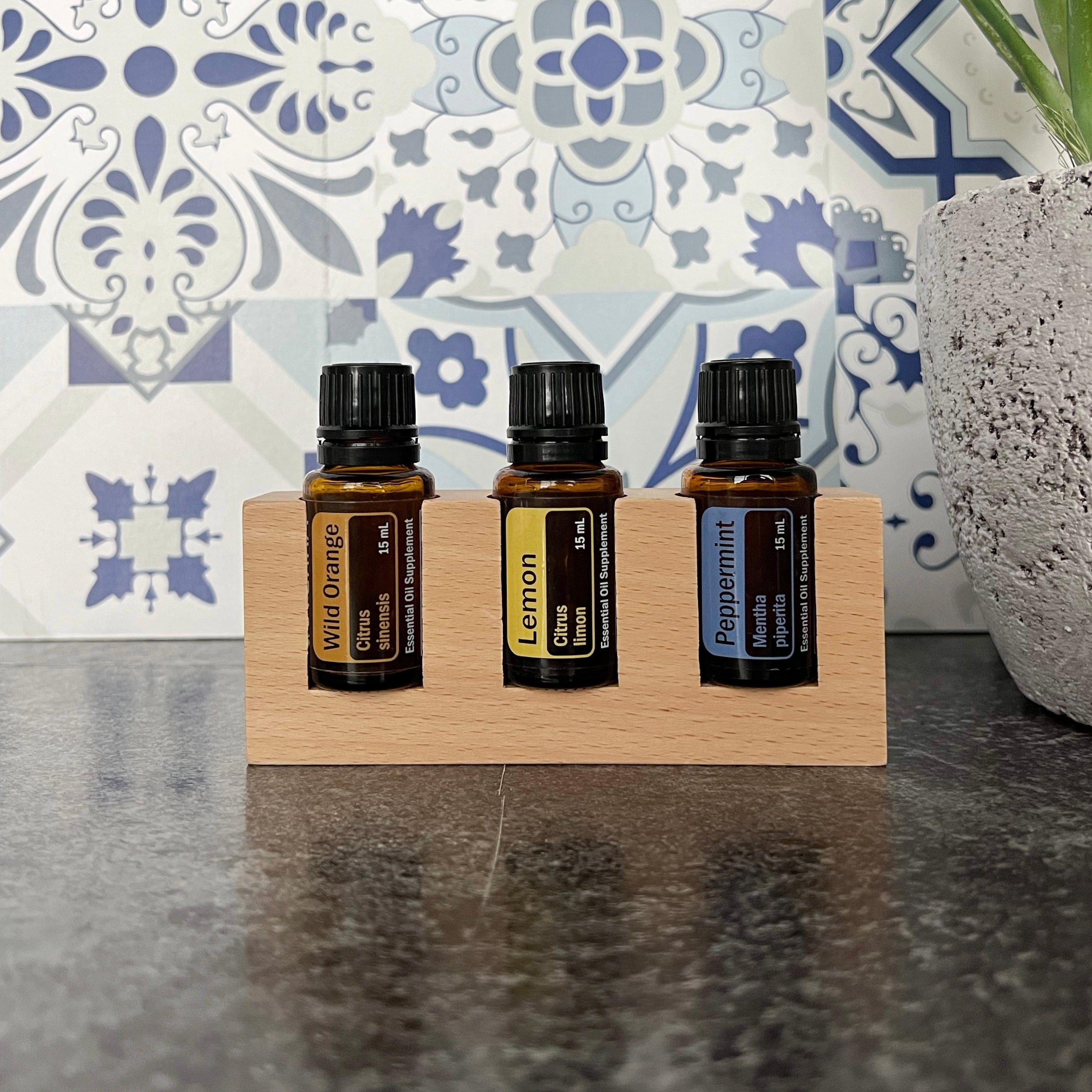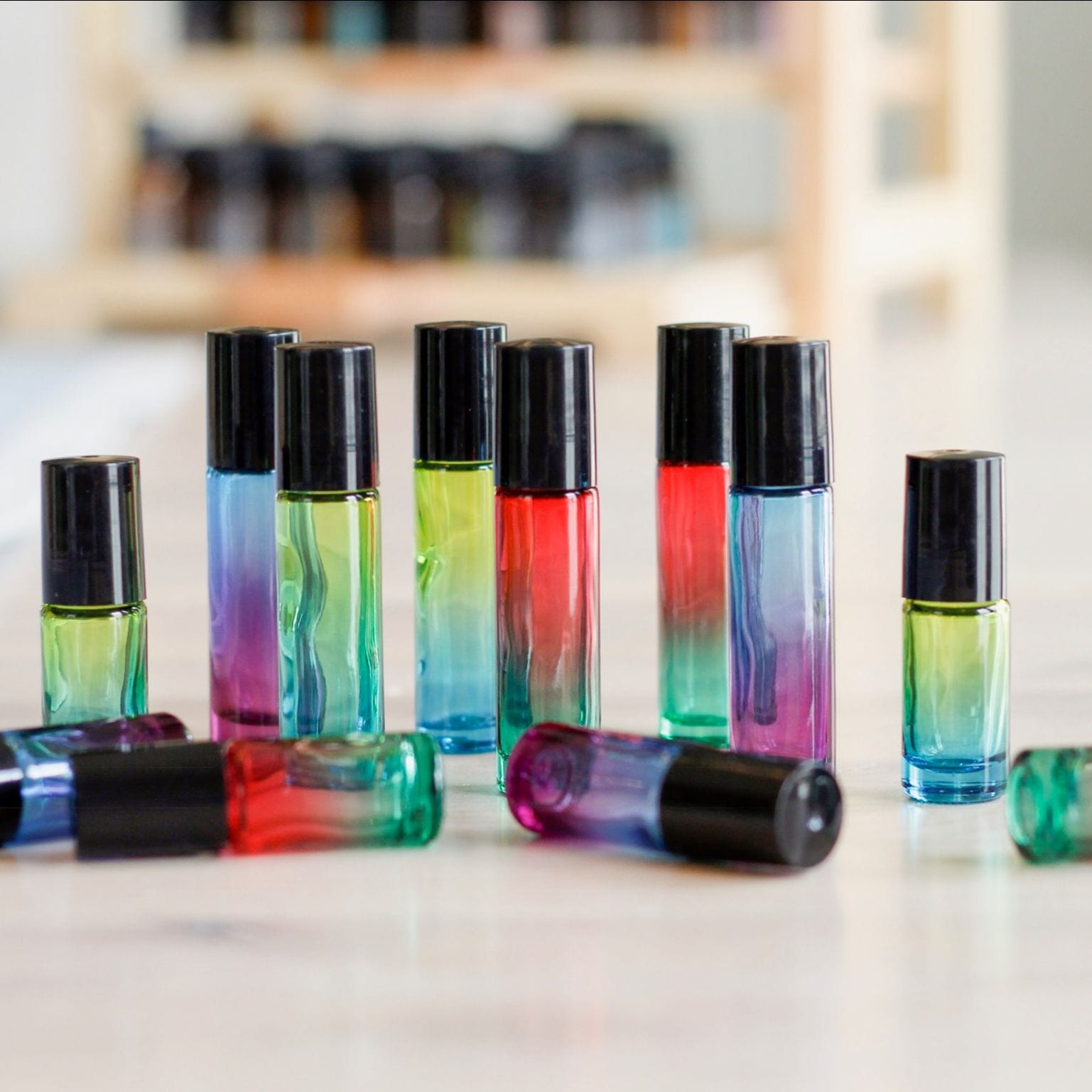Many pet owners are keen to extend the benefits of natural remedies to their furry friends, and essential oils are increasingly becoming a popular choice. However, it’s essential to approach this practice with care and knowledge. In this guide, we will explore which essential oils are safe for cats and dogs, explain their benefits, and provide guidelines on how to use them safely.
understanding essential oils for pets
Essential oils are concentrated extracts from plants that can offer therapeutic benefits due to their unique chemical compositions. While these oils can provide health advantages when used correctly, they must be used with caution in pets due to their sensitive systems.
safe essential oils for cats & dogs
When considering essential oils for your pets, it’s crucial to focus on those known to be safe and beneficial for their specific needs. Here are some of the best essential oils for supporting different systems in your pet's body:
- Digestive System: For pets with digestive issues, oils like Cardamom, Ginger, and Fennel can be helpful. However, avoid using Fennel if your pet is epileptic, has a clotting or bleeding disorder, or is on anti-diabetic medication.
- Musculoskeletal System: To support bones and muscles, consider Marjoram, Copaiba, and Frankincense. Note that Marjoram should not be used if your pet has a bleeding disorder or is on anti-diabetic medication.
- Nervous System: Copaiba, Frankincense, and Helichrysum are excellent for supporting the nervous system and can help calm pets suffering from nervousness.
- Endocrine System: For hormonal support, Myrrh, Ylang Ylang, and Clary Sage are beneficial.
- Behavior, Focus, and Training: Lavender, Frankincense, and Copaiba can help manage stress and improve focus during training sessions.
how to safely use essential oils on pets
-
Diffusing Essential Oils: When diffusing essential oils, use only a few drops in your diffuser and monitor your pet’s response, especially within the first 20 minutes. This observation is crucial to ensure that the oil does not adversely affect your pet and that it contributes positively to their well-being.
-
Topical Application: If applying oils topically, always dilute them with a carrier oil like Fractionated Coconut Oil at a ratio of one drop of essential oil to one tablespoon of carrier oil. Apply the mixture gently along your pet’s spine or areas not prone to licking. Avoid sensitive areas such as eyes, ears, nose, and genitals.
-
Choosing the Right Oils: Let your pet sniff the essential oils (with caps on) to gauge their reaction. This step helps identify which oils they might prefer or tolerate better.
precaution and considerations
- Dilution is Key: Always dilute essential oils before use, as their potency can be too much for the sensitive skin of pets.
-
Avoid Sensitive Areas: Never apply oils near your pet's eyes, ears, nose, or genitals.
-
Interaction with Medications: Do not use topical essential oils if your pet is on other topical medications, including flea and tick preventatives.
-
Observe Your Pet: Always watch how your pet reacts to essential oils. Discontinue use if you notice any signs of distress or discomfort.
Using essential oils on your pets can enhance their quality of life by providing natural, chemical-free support for various physical and emotional health issues. However, it's imperative to proceed with caution, prioritize safety, and consult with a veterinarian, especially if your pet is pregnant, nursing, or has a pre-existing medical condition. By following these guidelines, you can safely explore the benefits of essential oils and make more informed decisions about your pet’s health regimen.
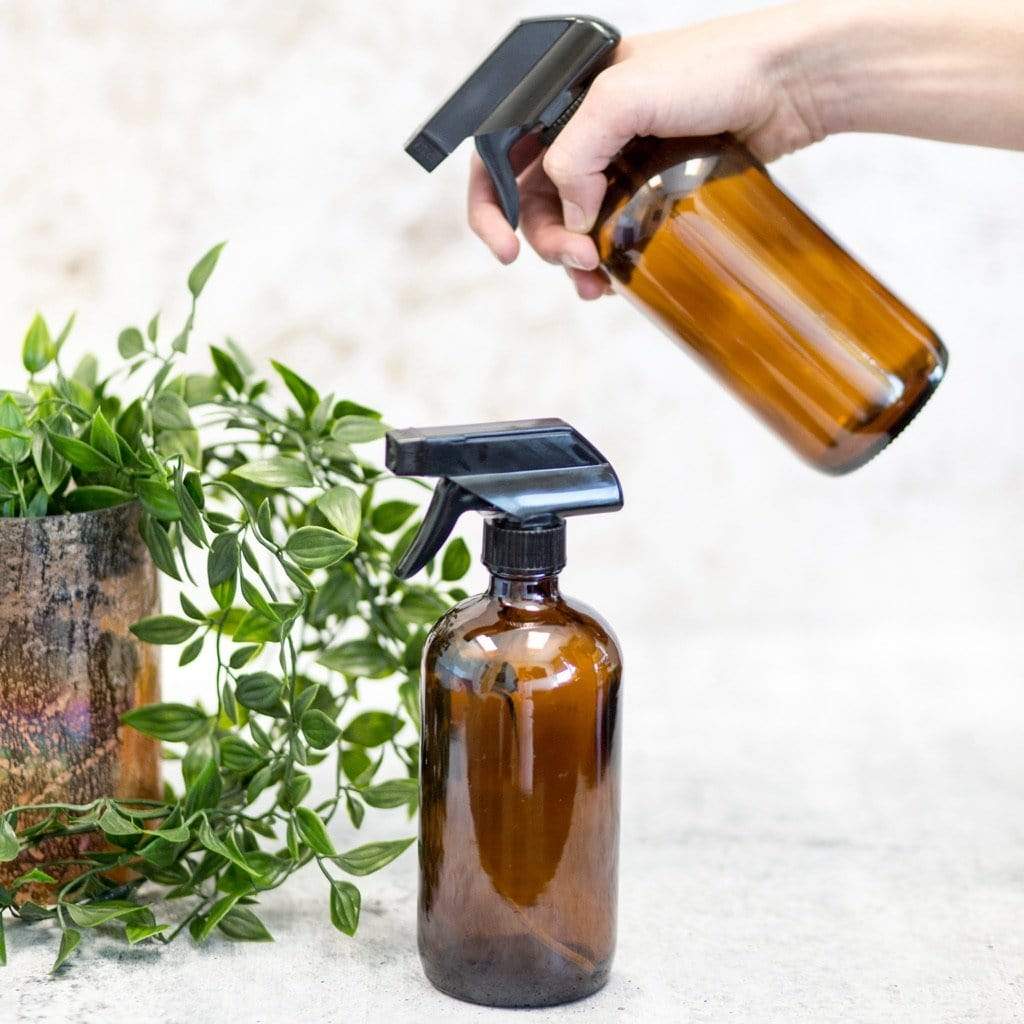
![16 oz Trigger Sprayer Bottle [Glass Sprayer Bottle] - Sky](http://www.oillife.com/cdn/shop/products/16_oz_blue.jpg?crop=center&height=4012&v=1641322607&width=3009)

